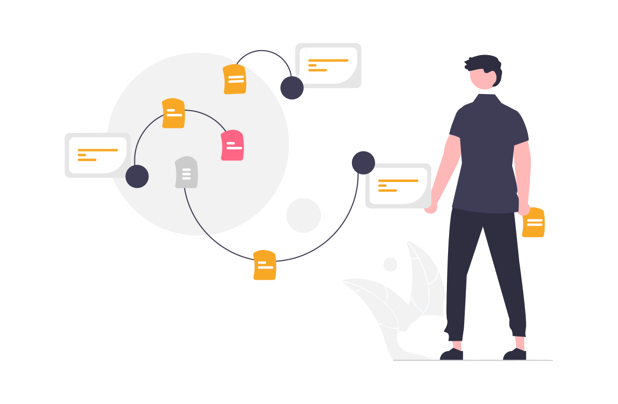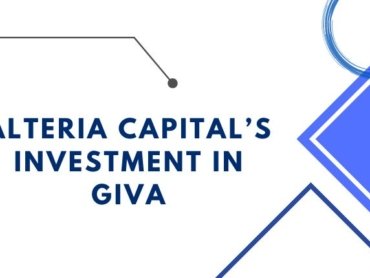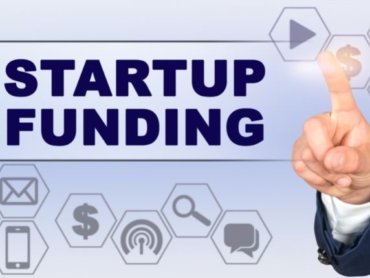Process Development
Every startup founder has to go through a new product development process, whether it's formalized or not. Broadly speaking, the new product development process is the entire process of bringing a product to market, starting with recognizing a marketing opportunity and ending with product launch. Process development is the systematic design and improvement of processes within an organization. It can be a valuable tool for startups to help streamline their operations, increase efficiency, and improve their bottom line.

Benefits Process Development
- Improved Efficiency
- increased Profitability
- Greater Control
- Enhanced Scalability
- Improved Communication
- Enhanced Customer Satisfaction
- Reduced Risk
1. Improved efficiency: By developing a clear and effective process for tasks and projects, startups can streamline their operations and eliminate unnecessary steps, resulting in improved efficiency and productivity.
2. Increased profitability: A well-designed process can help startups reduce costs and improve quality, leading to increased profitability.
3. Greater control: Developing a process gives startups a clear understanding of how work is done, allowing them to better control and manage their operations.
4. Enhanced scalability: With a clear process in place, startups can more easily scale their operations as they grow, without sacrificing quality or efficiency.
5. Improved communication: A clear process can help startups better communicate their expectations and goals to their team, leading to better collaboration and coordination.
6. Enhanced customer satisfaction: By developing a process that ensures quality and consistency, startups can improve their customer experience and satisfaction
7. Reduced risk: Developing a process can help startups identify and mitigate potential risks, improving the overall stability and sustainability of the business.
Process Development For Startups
1. Identify the problem or opportunity: The first step is to identify a problem or opportunity that the product or service can solve. This can involve market research, customer interviews, and other forms of data gathering.
2. Develop a solution: Once the problem or opportunity has been identified, the next step is to develop a solution. This may involve brainstorming sessions, prototyping, and testing different ideas.
3. Create a business plan: A business plan is a document that outlines the key elements of a startup’s business, including its target market, revenue model, and marketing strategy. It is important to create a solid business plan before proceeding to the next steps.
4. Build a minimum viable product (MVP): An MVP is a stripped-down version of a product or service that allows startups to test their ideas with a smaller group of users. This helps them gather feedback and make necessary improvements before launching the full product.
5. Test and refine the product: Once the MVP has been developed, it is important to test it with a small group of users to gather feedback and make any necessary improvements. This process of testing and refining the product can be repeated until the product is ready for a full launch.
6. Launch the product: Once the product has been developed and tested, it is time to launch it to the market. This can involve marketing and promotional efforts to attract customers and build buzz around the product.
7. Continuously iterate and improve: The product development process doesn’t end with the launch of the product. It is important for startups to continuously gather feedback, analyze data, and make improvements to the product to ensure it meets the needs of customers and stays competitive in the market.
What's the update?
Get latest Updates on latest funding rounds, government schemes, and many more....
Binny Bansal, a co-founder of Flipkart, may invest $100 million to $150 million in PhonePe
Binny Bansal, the co-founder of Flipkart, has made a strategic investment in PhonePe, a mobile payments platform. This move is expected to have a major impact ...
Plans by BYJU to raise $250 million in pre-IPO investment from Akash
BYJU is the latest Indian unicorn to make headlines, with the news of its plans to raise $250 million in pre-IPO investment from Akash Ambani. This move has be ...
Alteria Capital finances GIVA, a jewellery firm, with Rs 40 Cr in venture debt
Alteria Capital's strategic investment in GIVA, a jewellery retail company, is worth Rs 40 Cr and is set to revolutionize the jewellery retail sector in India. ...
Mintifi raises $110M in Series D, and Mitra receives funding for its early stages
The recent funding boosts to Mintifi and Mitra are indicative of the growing importance of FinTech in the global economy. As these two companies continue to de ...
Our Partners
We continuously work with industry leaders and in collaborations to provide endless supports to entrepreneurs.







